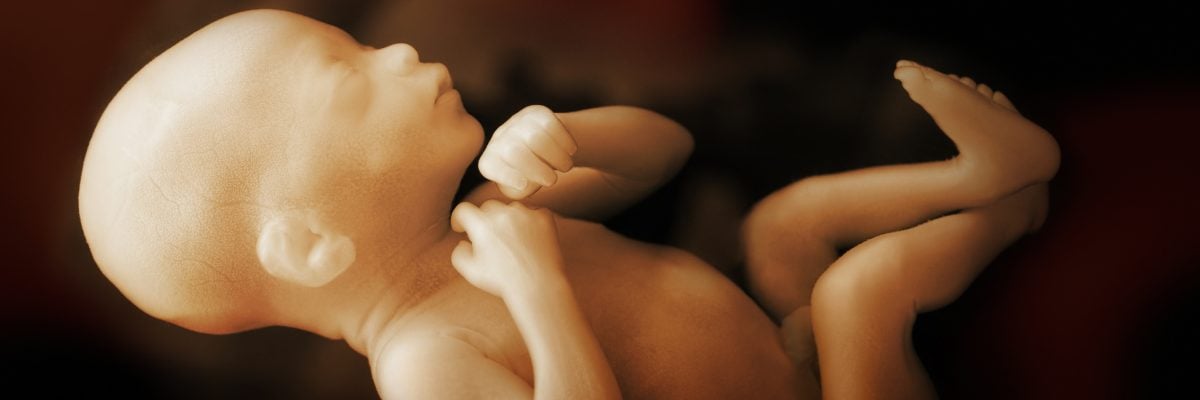
Question:
Answer:
A parasite is generally considered to be an organism that lives off another organism of a different type (the host) to the detriment of the host.
A baby in the womb is not a parasite because:
- The baby is of the same species as the host (the mother). It is to the advantage of the human species that this relationship exist. Therefore, the relationship is not a detriment.
- Human mothers have a placenta that shares nutrients with the baby. This is natural and normal and shows that the relationship between a mother and baby is symbiotic rather than parasitic.
- The placenta is produced by the mother’s body for the purpose of nurturing a baby. The human body does not produce anything to purposely feed parasites.
- It is a rare condition in which a mother’s immune system attacks the baby as if it were a parasite. If the baby were a parasite, this condition would be the norm rather than the exception.
- A host-parasite relationship is to the benefit of one and the detriment of the other, but the body of the mother cooperates with the body of the baby during pregnancy.
- Parasites come from the outside the host; a baby comes from inside the mother.
As to whether humans are parasites of the Earth, that too is a mischaracterization of the definition of a parasite. Human beings are not inherently dangerous to the Earth. Human beings can live without being detrimental to their environment. If we consider any living thing that takes anything to survive from some other living thing, then every living thing would be a parasite. Animals eat grass, animals eat other animals; if the balance of nature gets out of wack in a certain environment, then one species could overwhelm the others.
The fact that human beings can live in harmony with the environment and can actually help the environment means that we are not parasites in the true sense of the word. Obviously, we could refuse to do so and harm the environment, but that would be a sinful choice and not a necessity of survival for the human race.



